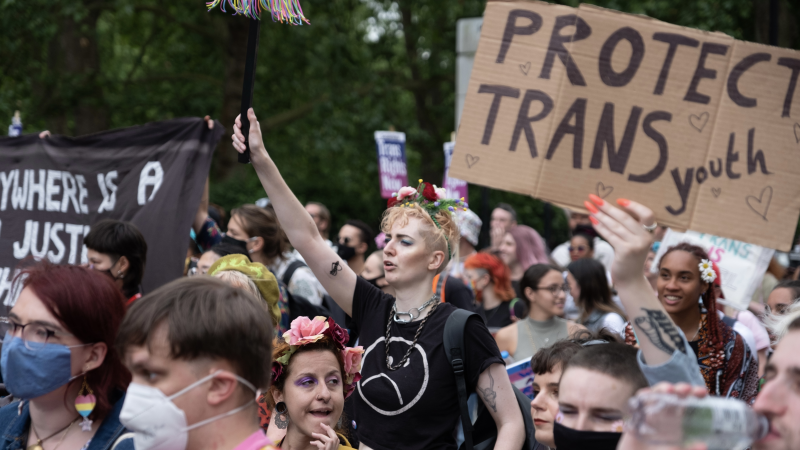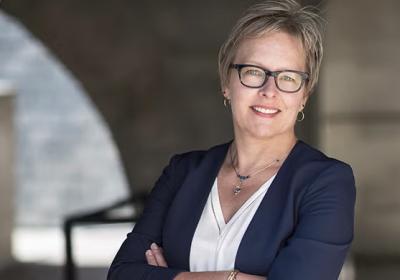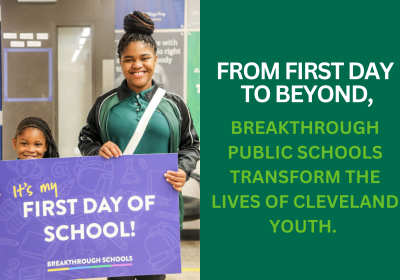
What is Trans Day of Visibility, marked on March 31?
Transgender Day of Visibility, or Trans Day of Visibility, marked each year on March 31, is an internationally recognized day that celebrates the accomplishments and perseverance of the transgender and non-binary communities while raising awareness about the discrimination that these communities face.
In 2009, a U.S.-based transgender activist Rachel Crandall founded the international day of celebration. PBS reported that Crandall started her movement by creating a Facebook post encouraging people to host festivities and messaging accounts to help promote what has since become a day recognized worldwide.
“I’d been wanting there to be a special day for us for a long time,” Crandall said. “And I was waiting and waiting for someone else to do it. And then finally I said, ‘I’m not waiting anymore. I’m going to do it.’”
Crandall was outraged by the negativity that much media were creating for the trans and non-binary communities with their focus on violence directed against them. Her aim in creating the day was to provide these communities with a way to refocus on the happiness, accomplishments and celebration of self that transgender communities have documented throughout their history.
Crandall acted five years after the U.K. in 2004 passed a Gender Recognition Act, which allowed for individuals to legally change their gender and be recognized, and 10 years before the World Heath Organization removed the term “transsexualism” from its mental disorder category.
National Today documented in 2015 on Trans Day of Visibility (sometimes abbreviated to TDOV) how many members of the community joined together to take part in social media campaigns where they wrote personal stories and posted selfies, which caused the day to go viral online.
Millions of people globally now recognize the last day in March to honor transgender people around the world. Across the U.S., skyscrapers will light up with light pink, blue and white on this day to represent the transgender pride colors.
LGBTQ advocacy group GLAAD, citing Gallup, notes that about 30% of the American public say that they personally know a trans person and 50% of Americans under the age of 30 have a friend or family member who is transgender. In 2022, Gallup recorded found that about 1 in 5 Gen Z adults identifies as LGBTQ+.
The only other day recognizing the trans community is Trans Day of Remembrance on November 20. Founded in the U.S. in 1999 following the murder of Rita Hester in Allston, Massachusetts, it mourns the lost lives of members in the community.
Anti-LGBTQ bills proliferate
Despite growing acceptance and a growing understanding of what it means to be transgender, anti-LGBTQ legislation has become a rallying point for opposition to the communities.
To date, in the U.S. alone over 400 anti-LGBTQ bills have been approved at various legislative levels across the country. Over half of the bills target trans people and trans youth. In 2022 and 2021, there was a massive increase in anti-trans legislation that opponents of the legislation argue will harm all members of the community.
Supporting the trans community, today, and every day
To help recognize this day of celebration, many members of the trans community will be posting stories and accomplishments on social media that can be viewed and shared. Eventbrite has a listing of events across the country on March 31 honoring the day.
The city of Cleveland is a participating city for Trans Day of Visibilty. It is hosting a screening event at the Allen Theater on Euclid Ave., at noon.
Cleveland’s CSU will also be hosting a panel discussing anti-transgender legislation which will be featuring Ohio Senator Minority Leader Nicki Antionio and Ohio State Board of Education President Christina M. Collins along with others. The panel will take place in the CSU law building in room LB 60, starting at 2:00 p.m. Registration to attend in person and a zoom link can be found on CSU’s Law Outlaw instagram.









